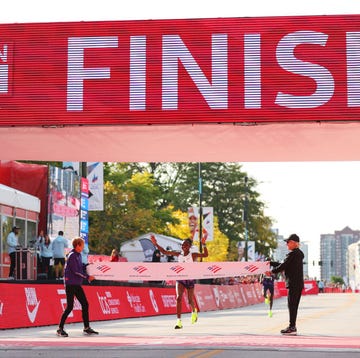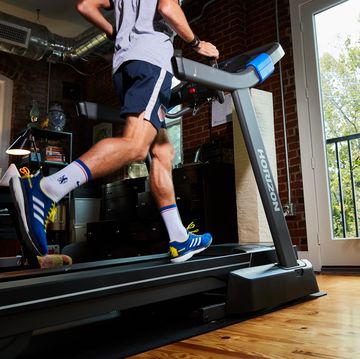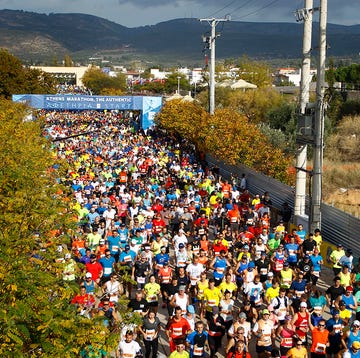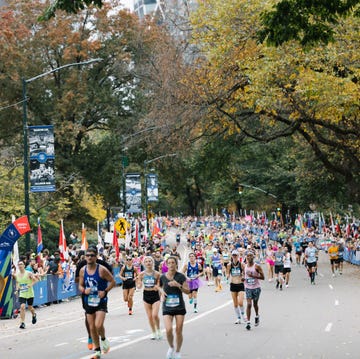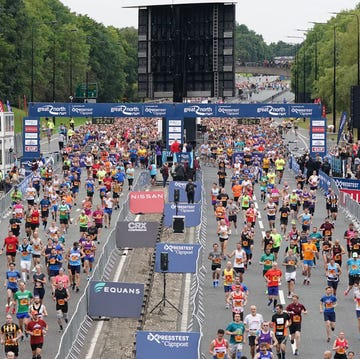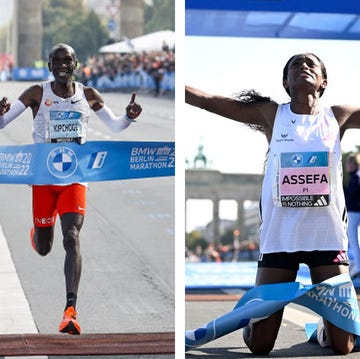Back in 2014, in a bid to identify the best age for marathon running, a team of Spanish researchers The record-breaking history of the Berlin Marathon Published: 19 May 2020.
The results found that for men the golden age was 27 and for women 29. More surprising, perhaps, was the discovery that 18-year-old marathon runners had similar times to 60-year-old athletes. While that result can be partly explained by 60-year-old runners’ experience at the distance, there’s also some science to suggest why masters runners can still post some incredible times over the marathon.
Take Tommy Hughes. The 59-year-old Northern Irishman ran a time of 2:27:52 at last year’s Valencia Marathon, finishing just under four minutes faster than his son, Eoin, 34, who posted a time of 2:31:30. (Their combined time of 4:59:22 was a Guinness World Record for fastest father-and-son duo.)
Following the result, the Hugheses took part in various physiological tests. Among other things, this tested their respective VO2 max (the amount of oxygen you can use while exercising). While Tommy and Eoin had very similar VO2 max scores – 65.4ml/kg/min for Tommy and 66.9ml/kg/min for Eoin – Tommy was seemingly able to run entire marathons at close to his VO2 max. Interestingly, the same is seemingly true of Gene Dykes, who ran a 2:54:23 marathon at the age of 70. The data would seem to suggest he ran the entirety of that race at 95 per cent of his VO2 max – an unbelievably high percentage.
So, one reason why it may be possible to run a blistering marathon in your fifties and beyond is some older runners’ ability to run close to their VO2 max for longer periods than some of their more youthful competitors.
But there’s more: another study showed that lifelong exercise can counteract the age-related decline in VO2 max. In other words, if you’ve been running consistently for decades, your VO2 max will not decline at the same rate as your more sedentary peers.
That’s an interesting development, as there has previously been a belief that at a certain age – approximately around 70 – people’s VO2 max falls off a cliff. By contrast, the study suggests that the steepest declines occur as a result of exercising less, not simply of adding another candle to your birthday cake.



